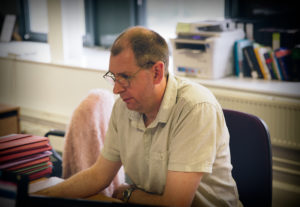
Psychoactive Substances Act 2016
If you are being investigated for, or charged with, an offence under the Psychoactive Substances Act 2016, our expert team are on hand 24/7 to advise you on all aspects of the legal process, your rights, and the best defences. Call us now on 0800 1933 999.
Q: What is the Psychoactive Substances Act 2016 and when did it come into effect?
A: The Psychoactive Substances Act 2016 came into force on 26 May 2016 and introduces a variety of measures relating to so called ‘legal highs’.
Q: What activities are now defined as offences?
A: The Act introduces a number of offences relating to these substances including:
- producing a psychoactive substance (section 4)
- supplying, or offering to supply, a psychoactive substance (section 5)
- possession of psychoactive substance with intent to supply (section 7)
- importing or exporting a psychoactive substance (section 8)
- possession of a psychoactive substance in a custodial institution (section 9).
Q: What sentencing powers relate to this Act?
A: Those convicted of an offence under sections 4-8 of the Act face a sentence of up to 7 years, with those convicted under section 9 facing a sentence of up to 2 years.
Q: Are there any civil sanctions under the new Act?
A: Yes. The Act also introduces new civil sanctions including prohibition and premises notices to allow police to shut down ‘headshops’ and UK-based online dealers.
Q: What if a person fails to comply with the civil sanctions?
A: Those who do not comply with these sanctions face up to 2 years imprisonment.
Q: How can I find out more about the new Act?
A: The Psychoactive Substances Act 2016 can be accessed in full here.
Are you worried about a drugs-related charge? If so, call our office on 01623 397200 for free initial advice.



